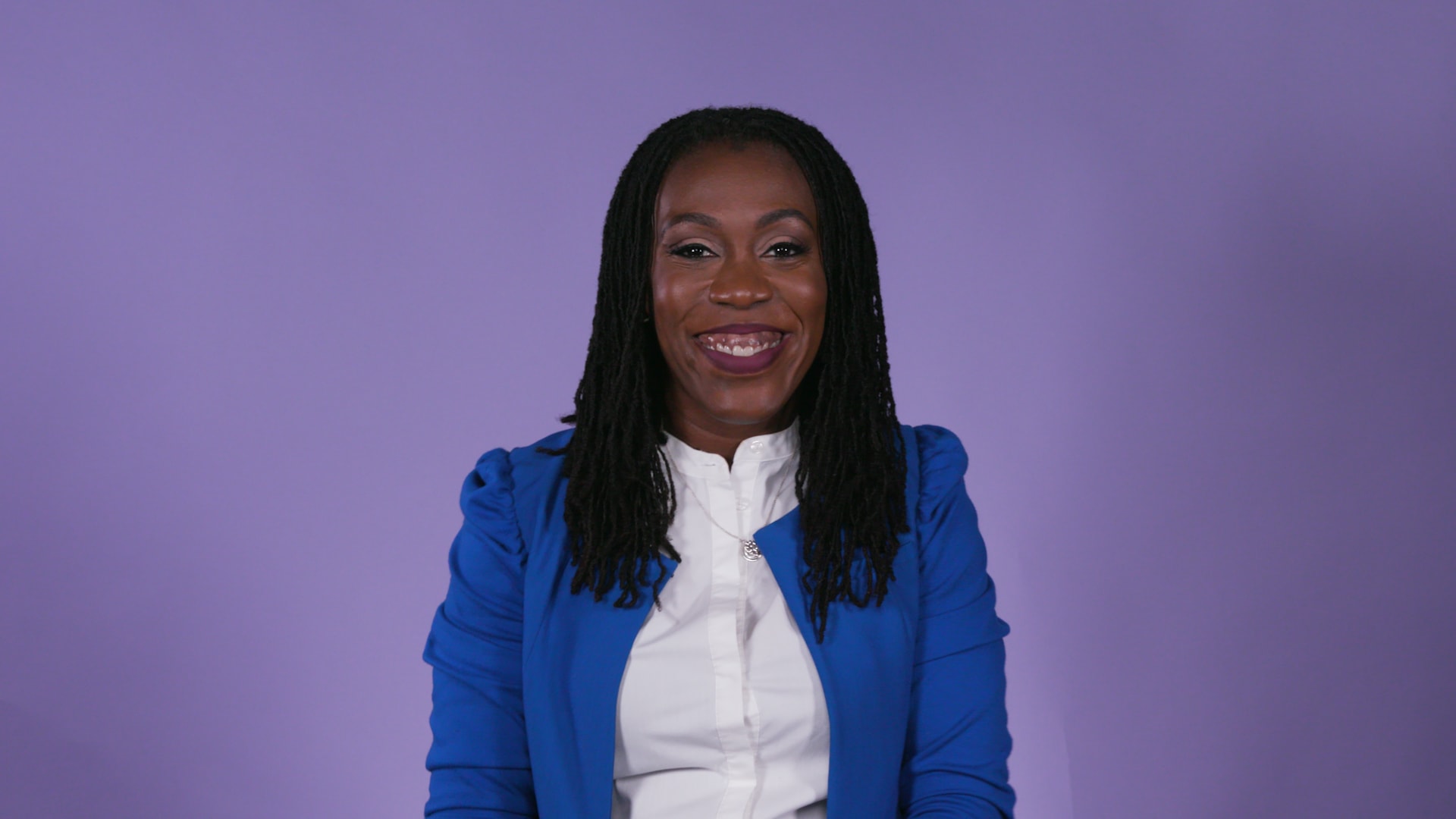Three days before school was set to start in September 2009, Tiffany Aliche was laid off from her job as a preschool teacher at a non-profit school in New Jersey.
It’s a situation many Americans can relate to right now. About 16 million Americans filed new unemployment claims over the past three weeks, the Labor Department reported Thursday. And that number is expected to grow.
“I honestly wasn’t even worried at first during the last recession because teachers don’t lose their jobs,” Aliche tells CNBC Make It. “I thought it was temporary.” But it turns out, it wasn’t.
While the layoff caught her by surprise, there was a silver lining: Aliche says she actually came out on top. “It changed the direction of my life,” Aliche says. Now known as “The Budgetnista,” Aliche runs a company focused on financial education.
The current economic uncertainty may have a different cause than the 2008 recession, but Aliche says the lessons she learned can help those struggling with unemployment amid the coronavirus pandemic. “I did some things right, but I did a lot of things wrong,” she says.
Here are the three of the most helpful tips that got Aliche through losing her job and on her way to running four companies, including the Budgetnista brand and the Live Richer Academy.
1. Create a ‘worst case scenario contingency plan’
One of the most helpful things that Aliche did during the last recession was create what she calls a “worst case scenario contingency plan.”
Imagine how far your finances could fall because of the pandemic and “map it out,” Aliche says. What is the worst case scenario? Losing your job? Using up your savings?
Then ask yourself: What would you do? Maybe it means moving back in with your parents or getting a roommate. Or perhaps it means asking friends and family for a loan or filing for bankruptcy.
Setting up a game plan ahead of time will make you more confident if you do need to execute it. “You don’t want a fire to happen, but you should have a fire-safety plan,” Aliche says.
2. Remember that ‘cash is queen’
During times like this, “cash is queen,” Aliche says. Preserving your capital should be a priority, and that can affect your plans to pay down your debt. But that’s OK for now: Pause on anything beyond a minimum payment if you lose your job or are struggling financially.
That advice can feel contrary to what Americans usually hear, but Aliche warns that you don’t know what’s going to happen tomorrow, next week or six months from now. When it comes to debt, focus on keeping current, but don’t go to extremes.
Aliche learned this the hard way: She bought a condo at 26, but three years later during the recession, she was struggling to pay her mortgage. She ended up losing her home after blowing through her savings to keep up with payments. “I kept paying, so much so that I drained my savings, I drained my 401(k),” Aliche says. “I put it into a house that I ended up losing anyway.”
She learned that being debt-free does not equal wealth. If you pay off your $5,000 credit card balance, but you have nothing in savings, you’re only one paycheck away from being back in debt.
Instead, if things get tough, “I would be paying just the minimum on most of my debt and putting that money toward my savings,” Aliche says. You may also need some extra cash on hand to pay for things like groceries or medical costs.
Once you have a robust savings account with more than six months’ worth of living expenses, then you can go back to semi-normal debt payment, Aliche says. But this is not the time to see how fast you can pay off your balances unless you have a huge savings cushion.
3. Don’t wait too long to trim your expenses
Aliche vividly recalls one memorable trip to the local gas station during the recession. “I remember distinctly, there was a woman in a fur coat, driving a Range Rover, at the gas station in 2009 and she was swiping every card she had and they were all not working,” Aliche says.
“It was clear to me, whatever income had been coming in to create the lifestyle she was living was gone and she had not adjusted her lifestyle,” Aliche says. The lesson: Ditch the fur coat and the Range Rover long before you max out your credit cards. In other words, don’t wait too long to adjust your lifestyle.
More from Invest in You:
Avoid this investing mistake as coronavirus fears grip markets
Here’s the secret to multiplying your savings
Save $1,000 without sacrificing anything you really love
It’s not just about eliminating big ticket items. If you’ve lost your income, take steps to cut out all the nonessential expenses. Cancel your cable, lower or change your cell phone plan, review all your subscriptions and only keep the essential services running.
“I was struggling to save my house and I still had cable on,” Aliche says. That cost her $100 to $200 every month, which is crazy, she says looking back. “You’re going to go into foreclosure with the cable still running?”
Now is also a good time to talk to your lenders about lowering payments on your credit cards. “Negotiate your behind off,” Aliche says. “Everyone is giving a lot of grace and leniency across the board, so lean into that, see if they’ll lower your interest rate,” she says.
You should also take a look at your budget (or create one). If you don’t have emergency savings or your job is less than stable, then you may want to start eliminating extra expenses and living closer to what Aliche calls the “noodle budget,” which is the lowest budget you can get away with. If you have to eat only ramen noodles and pay for just the basics, such as rent and utilities, what is the lowest possible amount that you can spend? That’s your baseline.
If you have a job that’s more secure and you have at least six months’ worth of bare-bones living expenses saved, you may not have to jump into a super strict budget at the moment. “You’re in a fairly solid position,” Aliche says.
Right now, it’s about getting through each day, Aliche says. You’ll do some things right and some things wrong — and that’s OK.
Check out: The best credit cards of 2020 could earn you over $1,000 in 5 years
Don’t miss: Worried about a recession? Here are 4 ways to protect your finances

